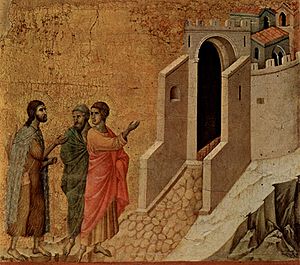 Another beautiful article by Valerie Tarico urging a positive response to former cult and evangelical members (or an escapee from any toxic religion or community) is turning up in various online media:
Another beautiful article by Valerie Tarico urging a positive response to former cult and evangelical members (or an escapee from any toxic religion or community) is turning up in various online media:
Why I’m Grateful to be a Former Evangelical
Tim and I have posted similar sentiments from time to time: it is important to acknowledge and embrace the positives that come from such negative, even life-destroying, experiences. One of the most important is summed up in this paragraph:
The gradual realization that my religion was laced with moral and rational contradictions and provably false claims ultimately made belief impossible for me. But that final break came only after years spent searching the scripture to bolster faith, witnessing to others, and even teaching Sunday school. Doubts and depression alternated with a sweet sense of God’s presence during worship. So, the implosion of faith left a profound sense of my own ability to be mistaken—an awe of how real things can feel when they are not. It left me permanently suspicious of simple answers and wary of groupthink. It tattooed a question onto the edge of my consciousness that never quite fades, no matter how bold my proclamations may sound: What if I’m wrong?
And that’s just the beginning. Valerie addresses half a dozen more strong positives.
One thing I am sure about: this blog Vridar would never have been born if it were not for my own lessons learned from years in a toxic church.
It’s not too hard, I think, for most people who have been through the experience to turn it all into positives, despite the losses of the past. What does sadden me is seeing some members of cults or tight, controlling groups, appear to recognize what has happened only to allow themselves to be sucked back into something just as limiting.
In some ways I think many of us who have been through the experience can (not always, but can) have a more acute sensitivity to groupthink, to careless acceptance of simplistic answers, than many other members of our communities, and can be responsible for sounding the warning bells.
We’ve been there, seen and experienced it in a very tightly concentrated form. Potentially greater awareness of the danger symptoms is surely a healthy thing.

